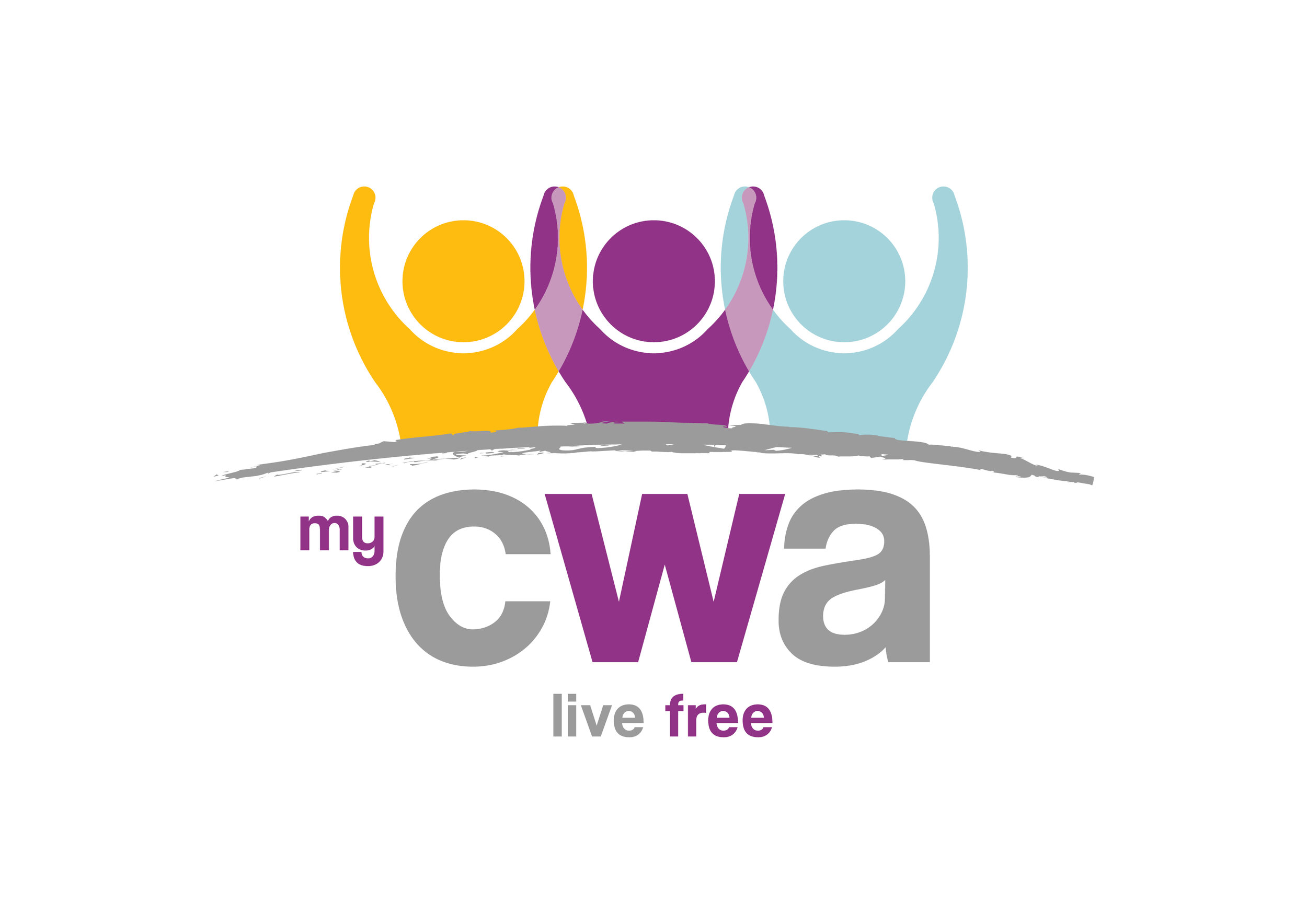physical abuse
People who physically abuse their partners do so to gain more power and control within the relationship.
If your partner has ever intentionally caused you physical harm, then it’s possible that you’re being physically abused.
What behaviours does physical abuse involve?
Physical abuse – often referred to as domestic violence – usually forms part of an ongoing pattern of controlling behaviour.
It rarely happens as a one-off* when a partner lashes out** without warning. Take a look at the list below:
Punching you
Slapping you
Scratching you
Pushing you
Kicking you
Biting you
Burning you
Choking you
Pulling your hair
Spitting at you
Restraining you
Throwing an object at you
Stopping you from sleeping
Stopping you from eating
Harming you with weapons or objects
Preventing you from calling the police
Preventing you from seeking medical attention
Harming your children
Abandoning you in unfamiliar places
Driving recklessly while you’re in the car together
Forcing you to take drugs or drink alcohol (especially if you’ve had problems with addiction in the past)
If you’ve experienced any of the behaviours listed, please know that you aren’t alone and you aren’t to blame. It is not your fault.
On average, two women every week are killed by a partner or ex-partner in England and Wales: an alarming statistic. Call us now if you need to talk.
“It only happened once…”
Abuse is abuse. Physical violence within your relationship is unlikely to be an isolated incident. Perhaps it forms part of a bigger picture alongside emotional abuse or financial abuse?
Abusers tend to escalate both the frequency and intensity of violent behaviours over time. So chances are, it will happen again.
“He’s only violent when he’s had a drink…”
This is a commonly cited excuse for physical abuse. The reality is that, while drugs and alcohol can make existing abuse worse, they don’t cause it.
Many people use drugs or alcohol without then abusing their partner, so it’s not an excuse for violent or controlling behaviour.
In fact, the only thing to blame for physical abuse is the perpetrator.
If you’re concerned about your relationship, visit our get help pages. For more about how we can help you, see our services page.
Or for urgent temporary crisis accommodation, call our 24-hour helpline on 0300 123 5101 (or 01270 250390 if you’re calling from another area).
*Statistics suggest that domestic violence / physical abuse is rarely an isolated incident, so even if this is the first time this has happened, it’s unlikely to be a “one-off.”
**Sometimes abusers will use phrases such as “lashing out” to excuse their harmful behaviour. They lost it. They flipped. They lashed out. Lashing out implies a loss of control. Physical abuse is quite the opposite. It is all about control and is designed to “keep you in your place.”

